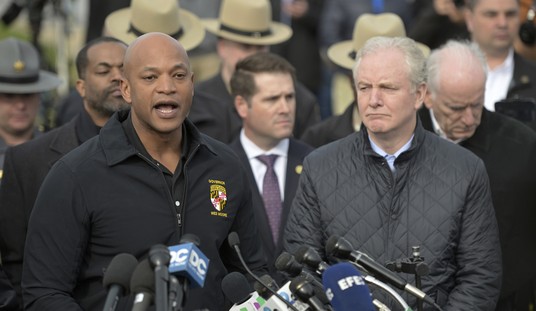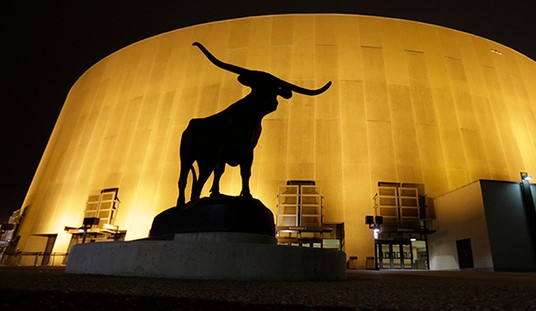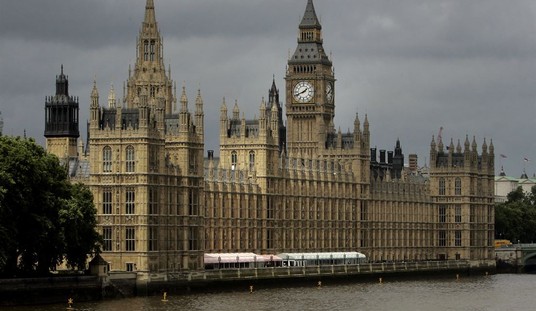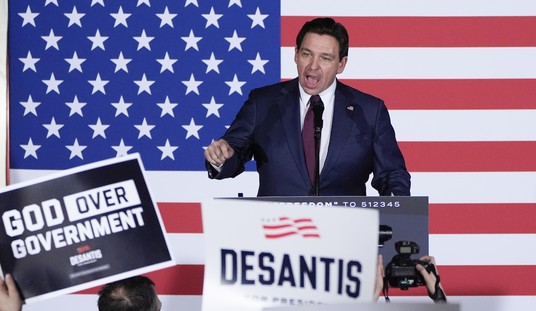Yet another voter ID law has been put on ice by a federal judge, and just in time for the general election. In North Dakota, their new law designed to reduce voter fraud and enhance confidence in the security of the electoral process has been shot down following complaints from a Native American tribe. That’s a bit of an offshoot from the normal liberal complaints we hear about such legislation, but the underlying criticisms are still essentially the same and they deal with the cost and availability of mandatory identification documents. (Fox News)
A federal judge on Monday blocked North Dakota’s voter identification law after a group of American Indians said it unfairly burdens them — the latest court ruling against voting laws that critics say disproportionately affect minorities.
U.S. District Judge Daniel Hovland issued a temporary restraining order and criticized the state for its 2013 repeal of provisions that let people without valid IDs vote if someone vouched for them or if they signed an affidavit swearing they were a qualified voter…
North Dakota accepts a driver’s license as identification or identity cards issued by the state, long-term care facilities or North Dakota’s American Indian tribes. All must have a valid address.
The state argued that its requirements were reasonable and that the tribal members who sued hadn’t shown that the burdens for them to obtain a valid ID were any more restrictive than for non-Native Americans.
North Dakota’s voting laws are drawn very much from a Wild West mindset to begin with. They don’t even register voters there, so in the past all you needed to do was show up on election day. Even if you don’t have ID, if you could find somebody to vouch for you (including the volunteer running the registration desk) you were good to go. That’s a generous, “good old days” approach to voting which may still work very well in remote, rural hamlets where all fifty residents see each other on a weekly basis. It does not, however, function in a major urban setting where there may be people who are determined to skirt the system.
Clearly the law needs another pass before it will have a chance of standing and that’s not going to happen before the election at this point. The chief complaint from the Turtle Mountain Band of Chippewa was that many of their members neither have nor can afford a drivers license, say nothing of a car, and the acceptable voter identification card isn’t free either. The state’s argument was that the same burden is carried by all voters, but that’s been a failing case to make all over the country. When the plaintiffs can show that the indigenous tribes are very, very poor compared to most of the citizens, any financial hardship will be taken into account by the courts.
Even if that weren’t the case, as we’ve discussed here before, making ID mandatory while charging for the ID acts as the equivalent of a poll tax and you’re always going to run afoul of the courts. Other states have addressed this issue fairly by offering free voter ID cards to anyone who wants one if they can prove their eligibility and provide some sort of valid address. North Dakota is going to have to do the same if they want to prevail in court.









Join the conversation as a VIP Member